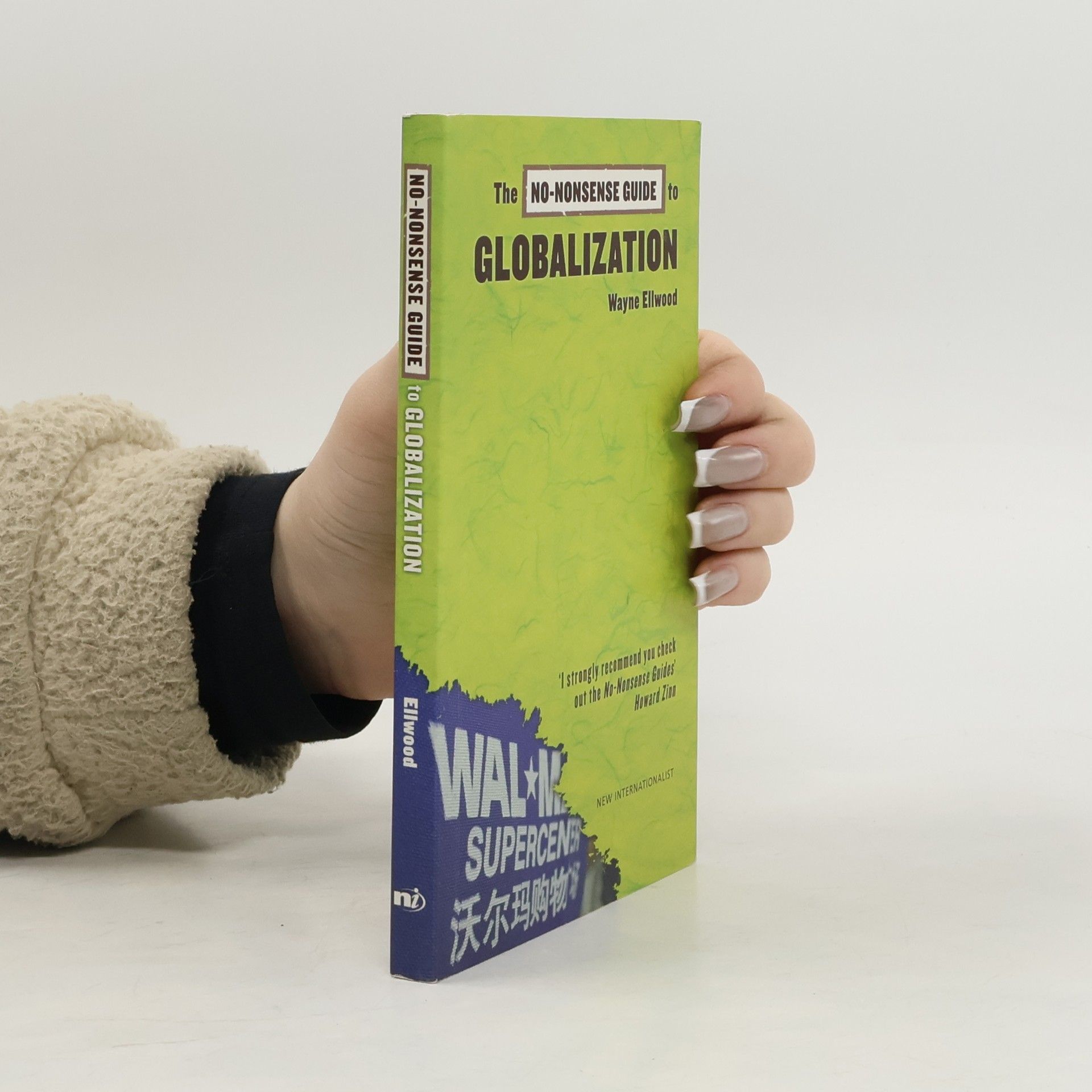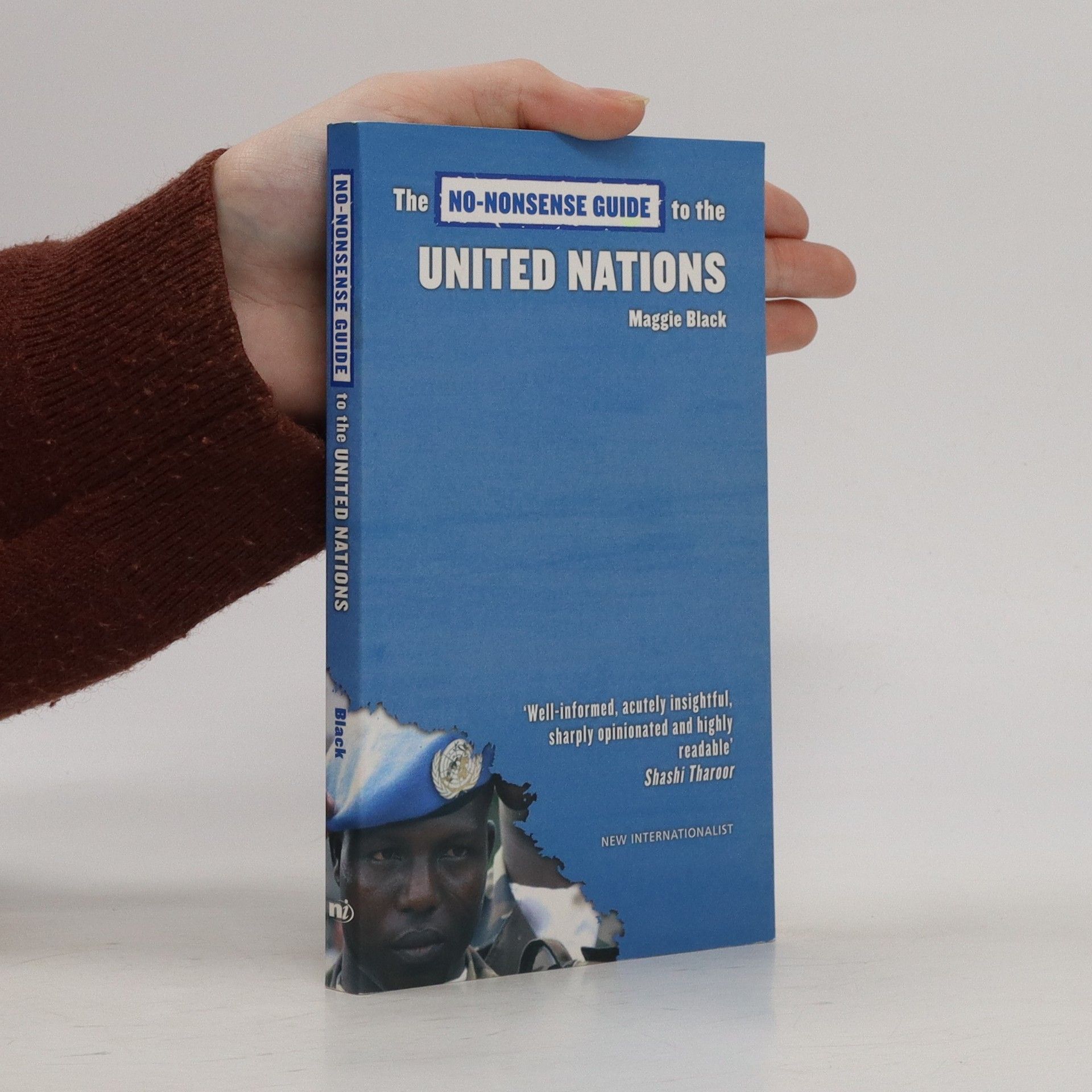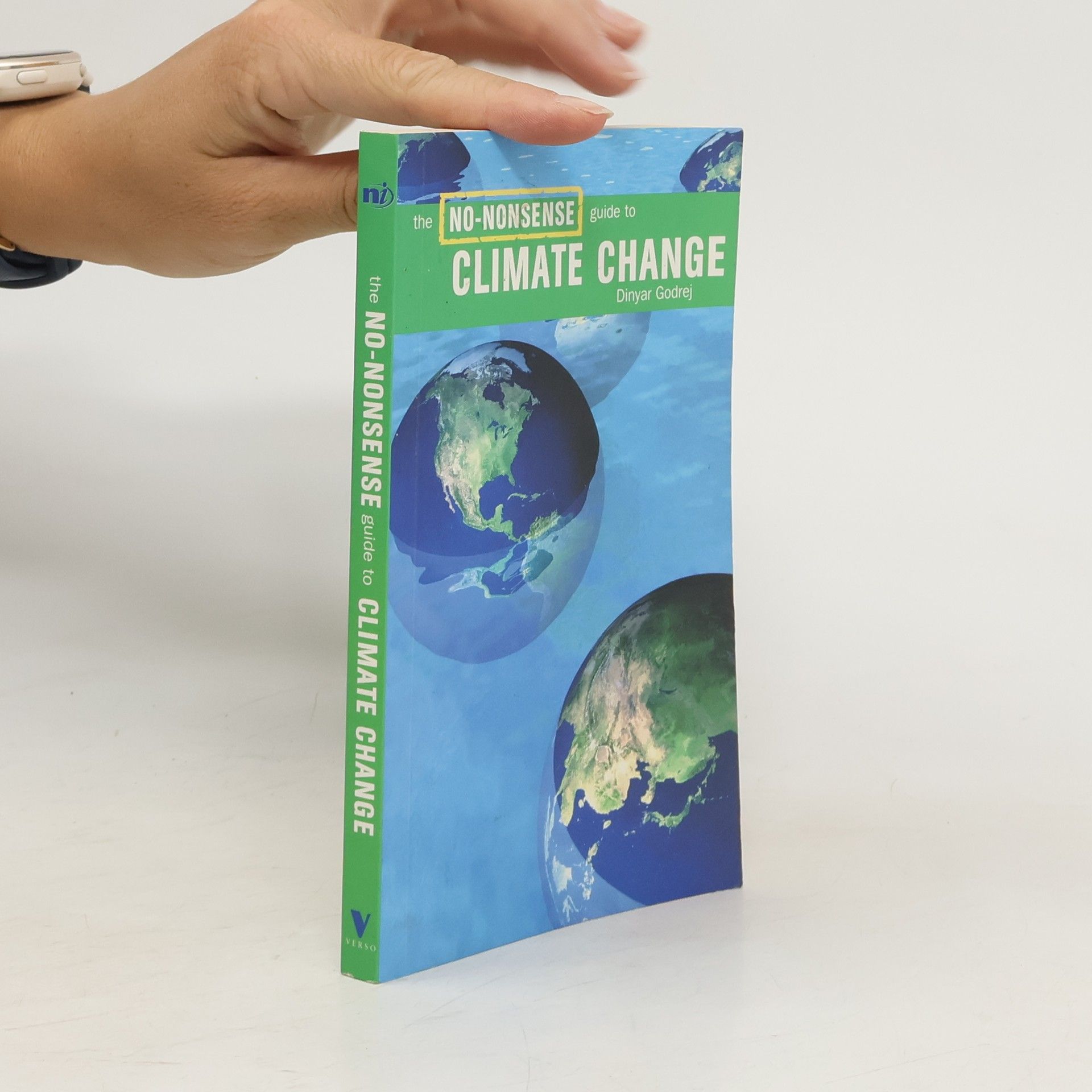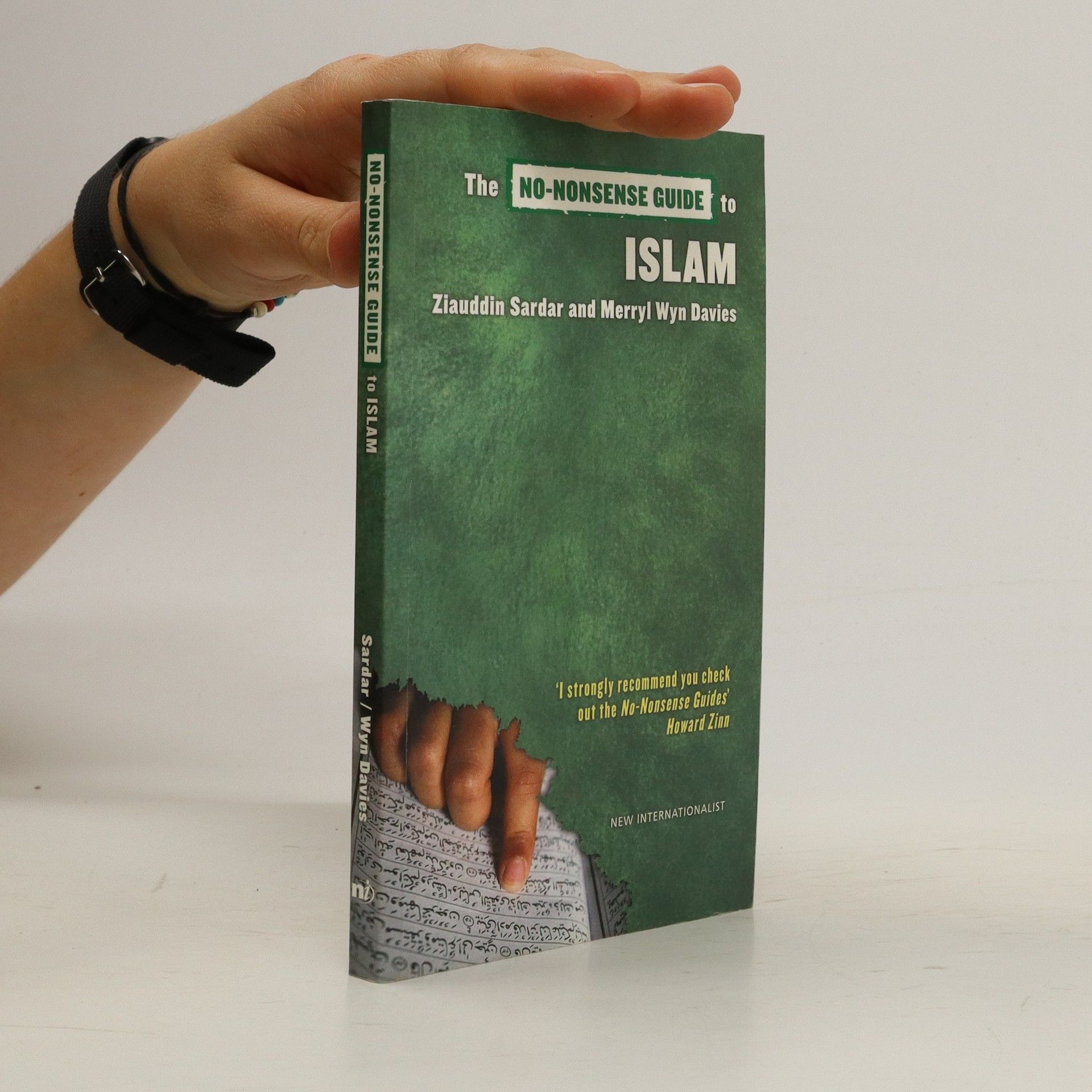The No-Nonsense Guide to the Arms Trade
- 144 pages
- 6 hours of reading
The ending of the Cold War was supposed to increase global security and divert expenditure previously earmarked for arms purchases to more constructive ends. Instead, the arms trade has flourished. Not only conventional arms, but also police and surveillance equipment, have been provided by Western countries seeking to make a profit from conflict in unstable parts of the world. Foreign debt has remained high, development has been held back, and human rights have been systematically abused, all with the connivance of an arms trade prepared to turn a blind eye to the uses to which increasingly sophisticated weaponry is put, so long as hefty profits can be reaped. This disturbing book names the players in the arms trade and charts the impact that it has had on war, human rights, and development. The financial and trade mechanisms that permit the arms trade to continue are revealed, amid sordid tales of bribery and corruption. Gideon Burrows concludes his examination by reviewing the ways in which this trade can be controlled or even abolished.







